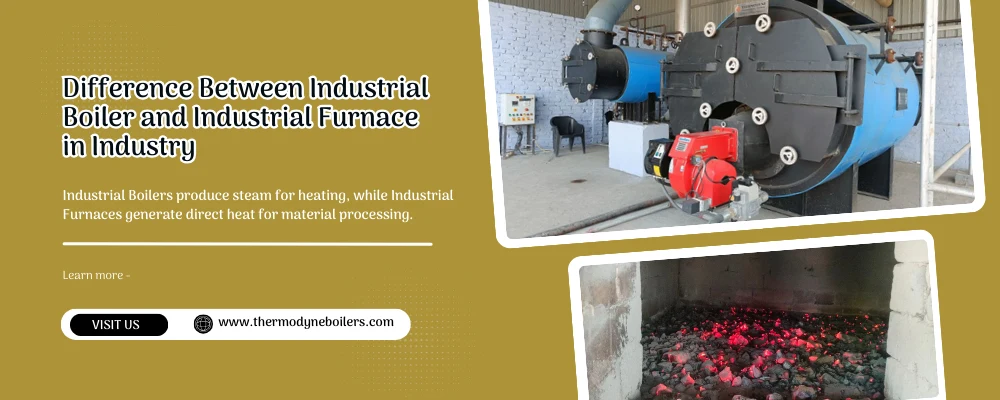In the industrial sector, heating systems play a crucial role in maintaining operational efficiency and productivity. Two of the most common heating systems used are industrial boilers and industrial furnaces. While both systems are designed to provide heat, they differ significantly in their design, functionality, and application. Understanding these differences is essential for industries to choose the most suitable heating solution based on their specific needs.
Introduction to Industrial Boilers
Industrial boilers are devices that produce steam or hot water by burning fuel. They are widely used in various industrial applications, including power generation, heating, humidification, and electricity production. Boilers are versatile and can be fueled by different types of fuels such as natural gas, propane, oil, and even biomass.
Advantages of Industrial Boilers
- Efficiency: Boilers are highly efficient, generating a significant amount of heat from a relatively small amount of fuel. This efficiency can lead to substantial savings on energy costs.
- Versatility: Boilers can be used for a wide range of applications, including heating, humidifying, and generating electricity.
- Durability: They are built to withstand high pressures and temperatures, making them durable and long-lasting.
Disadvantages of Industrial Boilers
- Expensive: The initial cost of purchasing and installing a boiler is typically higher than that of a furnace.
- Complexity: Boilers are complex systems that require regular maintenance and inspection to ensure safe operation.
- Safety Concerns: If not properly maintained, boilers can pose safety risks due to the high pressure and temperature involved.
Introduction to Industrial Furnaces
Industrial furnaces are thermal equipment used to smelt, roast, sinter, melt, or heat materials and workpieces. They generate heat through fuel combustion or electric energy conversion. Furnaces are commonly used in processes like metal smelting, ceramics, and chemical processing.
Advantages of Industrial Furnaces
Disadvantages of Industrial Furnaces
- Less Efficient: Furnaces are not as efficient as boilers and may use more fuel to achieve the same heating effect.
- Limited Versatility: Furnaces are primarily used for heating and cannot be used for generating steam or electricity.
- Durability: Furnaces typically have a shorter lifespan compared to boilers.
Key Differences Between Industrial Boilers and Furnaces
| Feature | Industrial Boilers | Industrial Furnaces |
|---|---|---|
| Function | Produce steam or hot water | Heat air or materials |
| Fuel Type | Natural gas, propane, oil, biomass | Natural gas, electricity |
| Efficiency | Highly efficient | Less efficient |
| Versatility | Can be used for heating, humidifying, electricity generation | Primarily used for heating |
| Space Requirements | Require more space | Require less space |
| Maintenance | Regular maintenance required | Less maintenance needed |
| Safety | Can be dangerous if not properly maintained | Generally safer |
| Cost | More expensive to purchase and install | Less expensive to purchase and install |
The choice between an industrial boiler and a furnace depends on several factors:
- Efficiency and Versatility: If efficiency and versatility are crucial, a boiler might be the better option.
- Affordability and Simplicity: If budget constraints and simplicity are more important, a furnace could be preferable.
- Space and Climate: Boilers require more space and are more efficient in colder climates, while furnaces are suitable for warmer climates.
- Maintenance Needs: Boilers need regular maintenance, whereas furnaces require less upkeep.
Conclusion
In conclusion, both industrial boilers and furnaces have their unique advantages and disadvantages. Boilers offer efficiency and versatility but come with higher costs and complexity. Furnaces are more affordable and simpler but lack the efficiency and versatility of boilers. By understanding these differences, industries can make informed decisions about which heating system best suits their specific needs and operational requirements.
Additional Considerations
When deciding between a boiler and a furnace, it’s also important to consider the specific industrial application:
- Waste Heat Recovery: For industries with significant waste heat, gas-fired waste heat boilers can be an efficient choice.
- High-Steam Demand: Industries requiring high steam output might prefer boilers due to their ability to generate steam efficiently.
- Environmental Considerations: The choice of fuel and efficiency can impact environmental sustainability.
Ultimately, the decision should align with the industry’s operational goals, budget, and environmental considerations.
Future Trends
As industries continue to evolve, there is a growing emphasis on energy efficiency and sustainability. Future trends may include:
- Energy-Efficient Designs: Developing boilers and furnaces with improved efficiency to reduce energy consumption.
- Alternative Fuels: Exploring the use of renewable fuels to reduce environmental impact.
- Advanced Technologies: Integrating advanced technologies like automation and IoT to enhance maintenance and efficiency.
By embracing these trends, industries can ensure their heating systems remain competitive and sustainable in the long term.
Industrial Boiler Versus Industrial Furnace in Industry FAQ
A boiler is a device that produces steam or hot water, while a furnace is a device that heats air. Boilers are typically used for industrial applications, while furnaces are more commonly used for residential and commercial heating.
Boiler systems offer a number of advantages over furnace systems, including:
Higher efficiency: Boilers can be more efficient than furnaces, which can save money on energy costs.
Greater flexibility: Boilers can be used to heat water or steam, which gives you more flexibility in how you use the heat.
Longer lifespan: Boilers typically last longer than furnaces, which can save you money on replacement costs.
Boiler systems also have some disadvantages, including:
Higher initial cost: Boiler systems are typically more expensive to install than furnace systems.
More complex: Boiler systems are more complex than furnace systems, which can make them more difficult to maintain and repair.
Requires more space: Boiler systems require more space than furnace systems.
There are three main types of boilers: fire-tube boilers, water-tube boilers, and packaged boilers.
Fire-tube boilers: Fire-tube boilers have a firebox that is surrounded by water tubes. The fire heats the water tubes, which in turn heat the water in the boiler.
Water-tube boilers: Water-tube boilers have a watertube that is surrounded by a fire. The water in the water tube heats up and is then circulated throughout the boiler.
Packaged boilers: Packaged boilers are pre-assembled boilers that are typically made up of a fire-tube boiler, a water-tube boiler, and a heat exchanger.
There are two main types of furnaces: forced-air furnaces and radiant furnaces.
Forced-air furnaces: Forced-air furnaces heat air and then circulate the hot air throughout the home using a blower.
Radiant furnaces: Radiant furnaces heat objects directly, rather than heating the air. Radiant furnaces can be either gas-fired or electric.
The factors to consider when choosing a boiler or furnace include:
The size of the space to be heated
The type of fuel to be used
The efficiency of the unit
The cost of the unit
The ease of maintenance and repair
Boiler and furnace installation should be done by a qualified professional. The installation process will vary depending on the type of boiler or furnace being installed.
Boiler and furnace maintenance should be done on a regular basis to ensure that they operate efficiently and safely. The maintenance schedule will vary depending on the type of boiler or furnace
Boiler and furnace safety is important. Some safety precautions to take include:
Never operate a boiler or furnace without proper ventilation.
Keep children and pets away from boilers and furnaces.
Do not overload a boiler or furnace.
Have a qualified professional inspect and service your boiler or furnace on a regular basis.
Boiler and furnace emissions can contribute to air pollution. Some ways to reduce the environmental impact of boilers and furnaces include:
Using a high-efficiency boiler or furnace.
Burning cleaner fuels, such as natural gas or biomass.
Maintaining your boiler or furnace properly.






